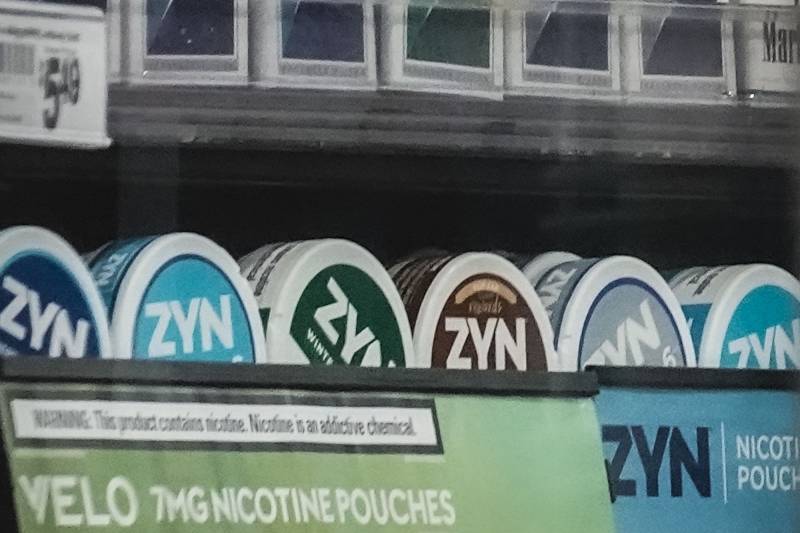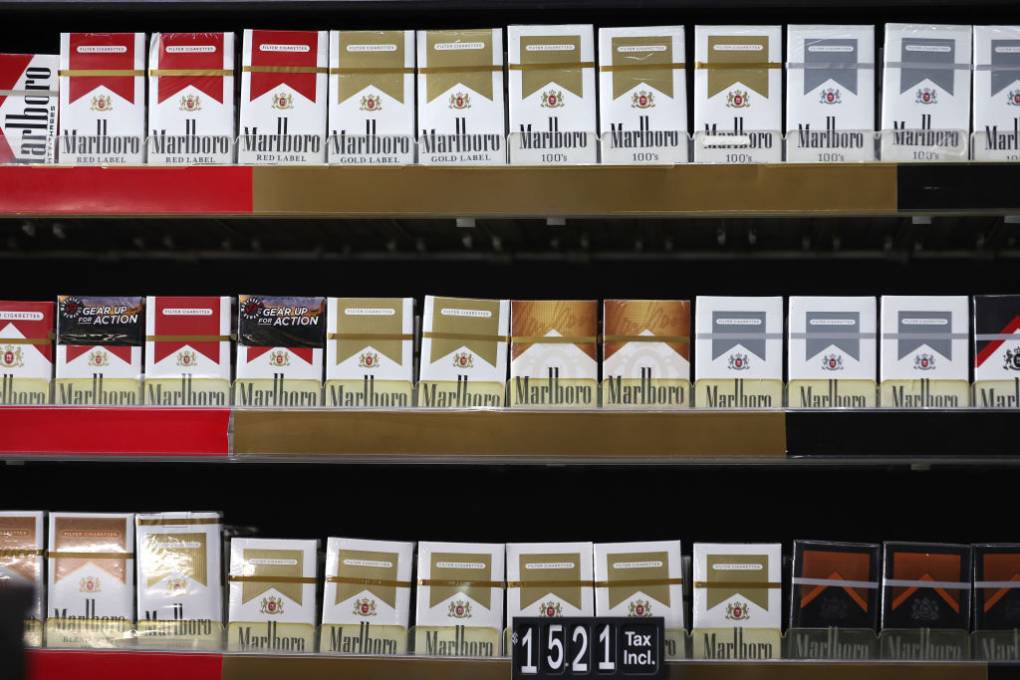“While the products evolve, the strategy is the same: targeting young people to be their next generation of consumers using bright colors and sweet flavors,” said Fahad Qurashi, chief program officer of the Bay Area-based Youth Leadership Institute.
The lawsuit also cites a November 2023 report from researchers at UC San Diego that suggests action by California and local jurisdictions to prohibit the sale of flavored tobacco products at brick-and-mortar retailers has led to increased online sales of the products.
“This is why we want to make it very clear that we will enforce these laws against online retailers to stop their sales into San Francisco,” Chiu said. “We think that is key to protecting our next generation from these dangerous products.”
The companies cited in the lawsuit did not respond to requests for comment.
San Francisco has a history of being at the forefront of flavored tobacco prohibition. In 2019, the city became the first in the nation to ban all flavored tobacco products from store shelves, including the formerly popular Juul vape, as well as conventional menthol cigarettes.
In 2018, about 11% of high school students in San Francisco were regular users of vapes, according to the California Youth Tobacco Survey.
San Francisco Unified was among thousands of cities, counties and other school districts to sue tobacco companies over marketing and advertising e-cigarettes to youth in 2019, with many of the cases merging into a class-action suit and leading to a $1.2 billion settlement nationwide.
Following the citywide ban and lawsuit, vaping among youth in the city declined. By 2022, less than 6% of high school students were vaping regularly, the survey found.
KQED’s Alex Hall contributed to this report.


